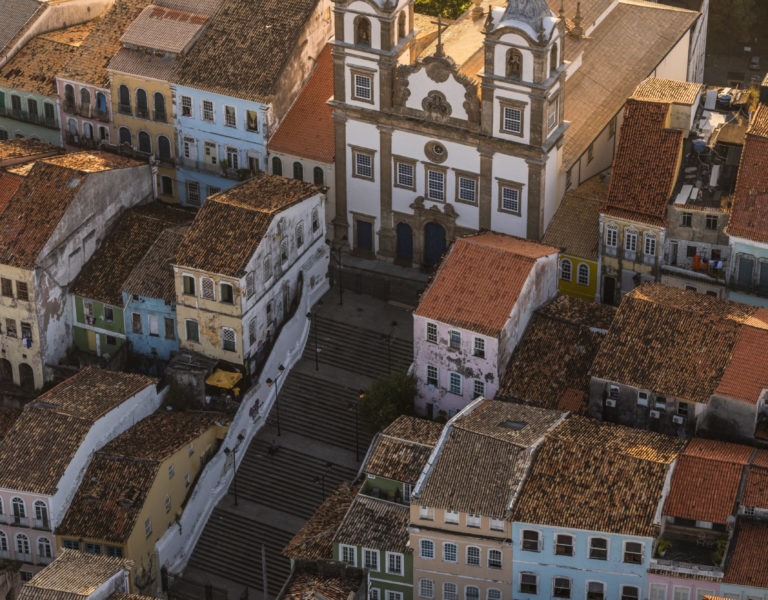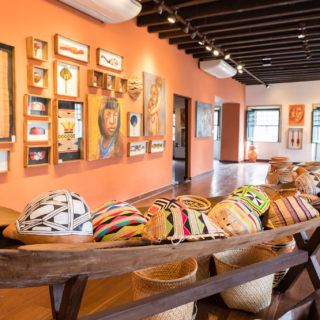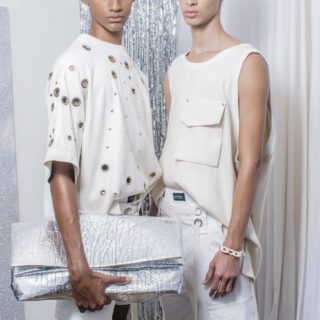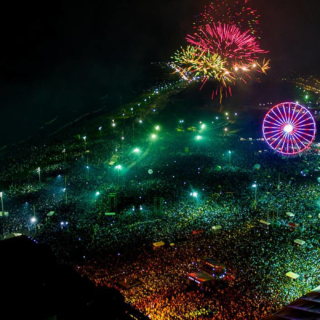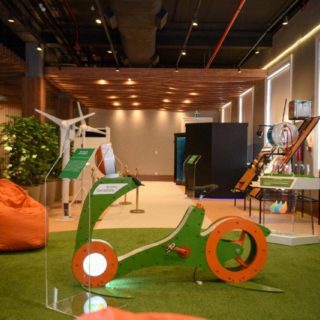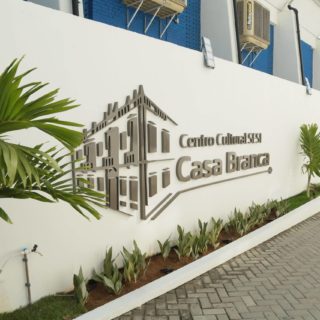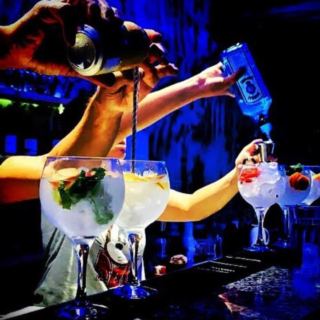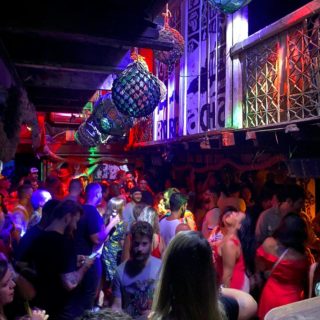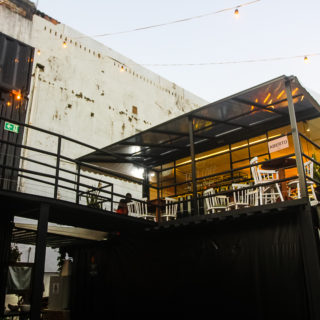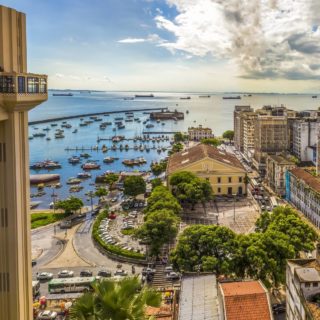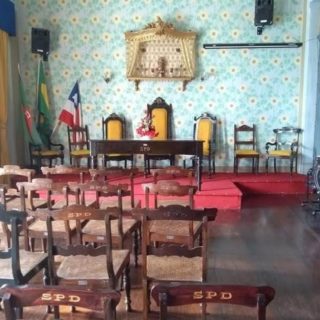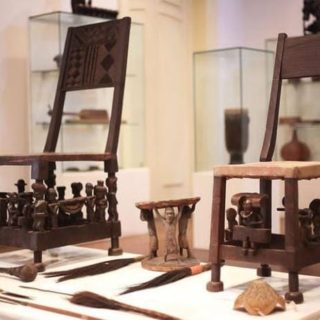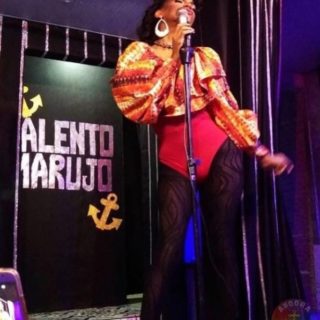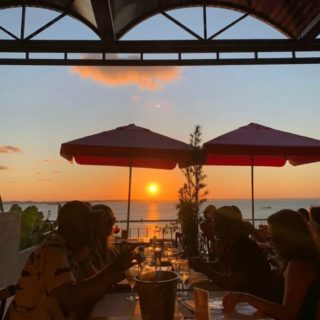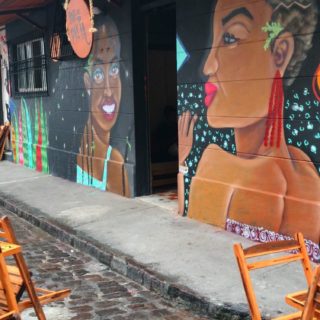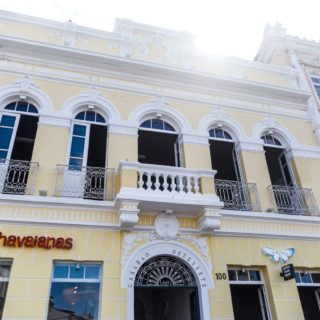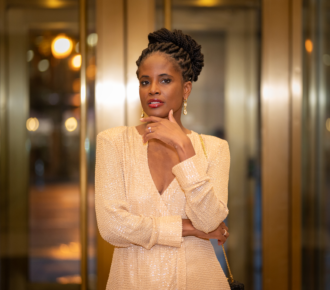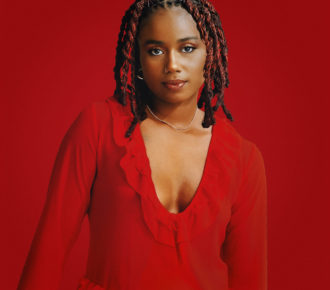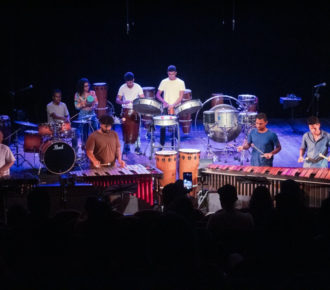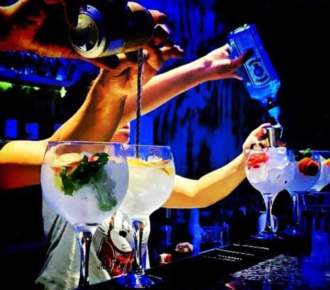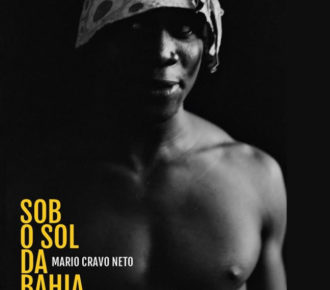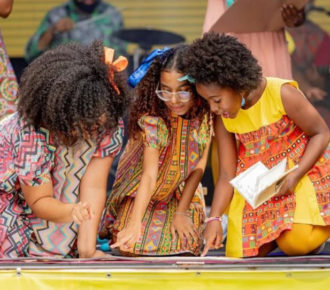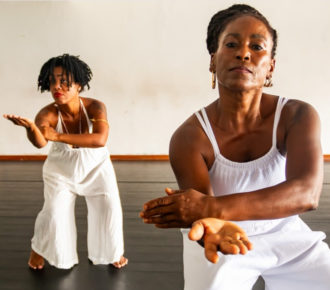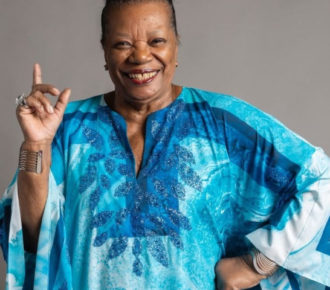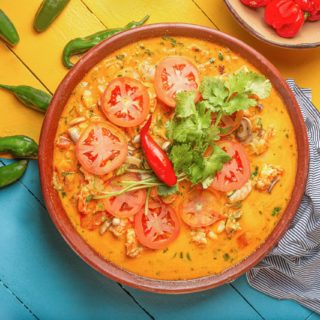
Rio Vermelho, Santo Antônio Além do Carmo, big shows in Paralela, street parties in Pelourinho or drag shows in Carlos Gomes…
Today Visit Salvador da Bahia will show you the nightlife of Salvador that takes place in “Baixo Carmo”
At the meeting of Pelourinho and Carmo, a movement that we haven’t seen for a long time is taking place. Bars and streets that used to have little movement, only frequented by locals or for a quick beer, today have become a busy meeting point. Another interesting fact is that, for those who leave the squares of Pelourinho, this is one of the destinations for the “after” in the Historic Center. So, have you ever enjoyed a night in “Baixo Carmo”?
Bar do Neuzão, on the corner of Pelourinho and Taboão, is mainly known for having been the location of the movie ”Ó Paí, Ó” (2007). It’s also very popular for carnival people returning from their nightlife – if you go out in the “Filhos de Gandhy” or “Muquiranas” carnival blocks, you know what we are talking about.
The place is also known as “Bar Ceará” and “Bar e Restaurante do Calçadão”, and has been taken over again by nice people, mostly because of the samba circles. As an example, the group Samba pra Rua, made up of excellent musicians such as Mestre Mário Pam, composer and conductor of Ilê Aiyê, has already made some editions of the event “Feijoada com Samba” there. Bar do Neuzão is located on Rua Padre Agostinho Gomes, in Baixa dos Sapateiros (opposite Casa do Benin). Find out the schedule on instagram @sambaprarua.
Nearby, there is a grocery store, and believe me: it is also part of the list of points at “Baixo Carmo”. Many people before choosing their whereabouts go in to buy munchies like cookies, snacks and drinks, because, as it is a small market, it has cheaper prices than the establishments around. There’s always a buzz at the door.
On this corner, you’ll find Bar da Pri on one side and, on the other side, several bars until you reach Malembe. Bar da Pri used to work at Casa Charriot, in Comércio, and is now at Rua do Passo, number 06. It continues with the same atmosphere, let’s say, “make up & fun”, with the best drinks, good music, cold beer, very nice lighting, drag shows and diverse programming.
On the opposite side, on Ladeira do Carmo, number 07, on the way up to Santo Antônio, is Malembe Food & Drinks, a bar with various drinks, international, Brazilian and vegan food. There are tables indoors and also on the sidewalk, where they are very popular. There, musical performances by local artists and performances by Drag Queens take place. When you feel hungry, among the great options, our suggestion is the Angolan dish, Moamba de Ginguba, prepared with chicken, okra and peanuts.
Going up the steps of Passo – which was also a cinematographic stage of Salvador, being an important setting in the film “O Pagador de Promessas” (1962) – we will find another point. Up there, on Rua do Passo, 37, is the A Marujada Bar.
There, among other events, samba de terreiro takes place every Thursday. The staircase of Passo returned to the night scene mainly because of this bar. The samba events promoted by the bar are a way of marking territory and promoting popular culture in Bahia. The group of ogans “Alacorin“ is responsible for transmitting the samba of terreiro and from Recôncavo Baiano. If you’re hungry, there are great options for food and drinks.
On the same street there are: Casa Ubunto Masai, a space for cultural events, samba and cold beer; the Reggae Cultural House, a place for events and presentations, in Praça Jubiabá, no number; and Casa BATEKOO, at Rua do Passo, 40. The latter, in addition to being a place with excellent programming, full of shows, workshops, content production and artistic interventions, also has a terrace with a breathtaking view.
An unmissable night is the one of the events conceived by the Afrobapho collective, formed by young black LGBTQIA+ people, who use the various artistic expressions as a social tool. Houses such as BATEKOO, Casa Cultural Reggae and Bar da Pri have already had editions of events produced by the collective. An example is “Ball”, a competition between “houses”, or houses of Vogue, a dance style that has its birthplace in the LGBTQIA+ community. This is just a summary of what this means, as Vogue is a culture that involves many factors besides dance, such as relationships between members of the house, fashion, makeup, language and much more. Keep an eye on their schedule. It’s sensational!
Salvador reinvents itself every season, and its nightly schedule could not be different. Tell us what your favorite tour is and send the tips to visitsalvadordabahia@gmail.com. Enjoy and tell us if you liked the suggestions we gave here.

